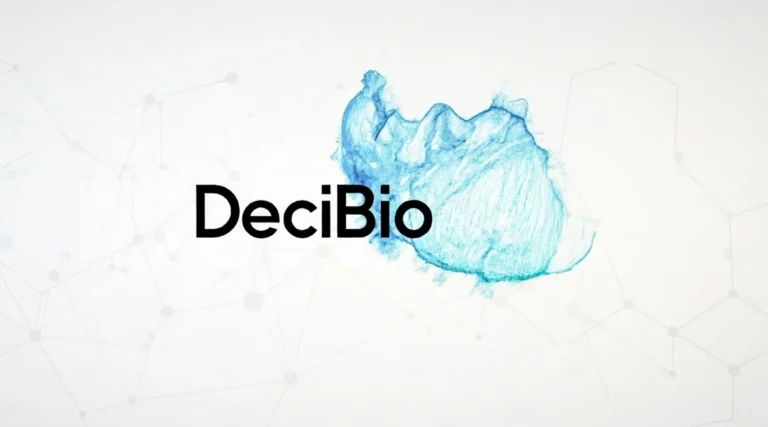
WHO Releases Latest Report on Antibacterial Development
The World Health Organization (WHO) has published its most recent assessment of antibacterial agents, encompassing antibiotics in various stages of clinical and preclinical development worldwide. The report reveals a notable increase in the number of antibacterial agents in the clinical pipeline, rising from 80 in 2021 to 97 by 2023. Despite this growth, there remains a critical need for novel agents to combat serious infections and to replace those losing efficacy due to widespread use.
Originally introduced in 2017, this annual report evaluates the adequacy of current research and development efforts in addressing infections caused by drug-resistant bacteria identified in the 2024 WHO Bacterial Priority Pathogen List (BPPL). Both the report and the BPPL aim to guide antibacterial R&D efforts in countering the escalating threat of antimicrobial resistance (AMR).
AMR poses a growing challenge as microbes evolve to resist the effects of medications, leading to increased severity of infections and higher risks of transmission. The misuse and overuse of antimicrobials are major drivers of this phenomenon, compounded by unequal access to essential antimicrobial treatments worldwide.
Dr. Yukiko Nakatani, WHO’s Assistant Director-General for Antimicrobial Resistance ad interim, emphasized the urgent need for innovation in developing new antibacterial products. Despite recent approvals, access to these treatments remains a significant barrier, particularly in low- and middle-income countries.
The report also highlights gaps in innovation across the antibacterial pipeline, with only a fraction of antibiotics under development considered truly innovative and effective against WHO-designated ‘critical’ pathogens. Encouragingly, non-traditional biological agents such as bacteriophages and antibodies are increasingly explored as alternatives to antibiotics, although their regulation and clinical application present unique challenges.
While the preclinical pipeline shows promise with innovative approaches, particularly against Gram-negative pathogens, the development of antibiotics targeting specific pathogens appears to have plateaued. Addressing these challenges requires greater transparency and collaboration among researchers, developers, and policymakers to accelerate the discovery and availability of effective antibacterial treatments.
In conclusion, the WHO report underscores the necessity for sustained global efforts to develop innovative antibacterial agents while ensuring equitable access to these lifesaving treatments worldwide. Efforts to combat AMR must be comprehensive, encompassing prevention, diagnosis, and treatment strategies to mitigate its impact on public health and the global economy.





